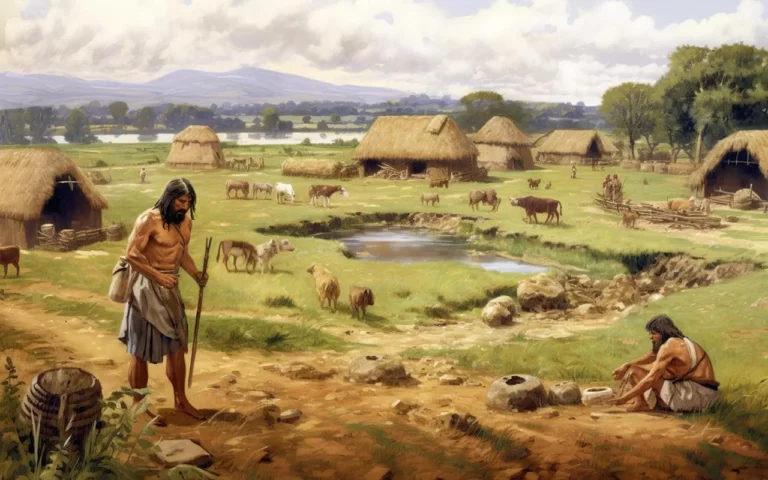
The Neolithic Revolution – also referred to as the Agricultural Revolution – is thought to have begun about 12,000 years ago.
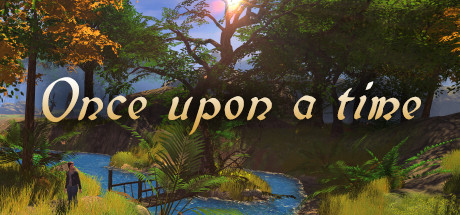
Go the extra mile: To make more effort than is expected of you
He’s a nice guy, always ready to go the extra mile for his friends.
Cambridge Dictionary
Page Description
Discover the impact of going the extra mile.
Learn how small efforts can lead to significant change in
both personal and professional life.
1 Going the Extra Mile: Small Actions, Big Impact
The phrase “going the extra mile” symbolizes effort, compassion, and the power of intentional actions to create lasting change. From the transformative shifts of the Neolithic Revolution to modern efforts to combat hidden issues like human trafficking and modern slavery, the importance of awareness and action remains timeless.
Through thought-provoking insights, such as Kate Garbers’ TEDx talk on modern slavery, this page invites you to reflect on how seemingly small choices can spark profound impact—both in history and in our world today.
2 Eleven thousand years ago
1 How to spot human trafficking | Kanani Titchen | TEDxGeorgeSchool
13 feb. 2017
The numbers associated with human sex trafficking are staggering, but the lives of victims and survivors are what stay with us. In this talk, Kanani Titchen M.D. reveals her experiences as a physician whose interactions with trafficked patients opened her eyes to a parallel world previously unseen.
Kanani Titchen MD, is an Adolescent Medicine fellow at the Children’s Hospital at Montefiore, Bronx, New York. She encountered human sex trafficking for the first time during a gynecologic rotation while in medical school at Sidney Kimmel Medical College of Thomas Jefferson University in Philadelphia, Pennsylvania.
Kanani served as the 2013-2014 President of the American Medical Women’s Association National Resident Division. During her tenure as President, she trained with Girls’ Educational & Mentoring Services in New York City and created an online video tutorial to educate doctors about human sex trafficking.
She has authored numerous articles for medical journals and for the lay press about US child sex trafficking and physician education, and she has advocated for sex trafficking survivors at the United Nations and at the US Department of Health and Human Services.
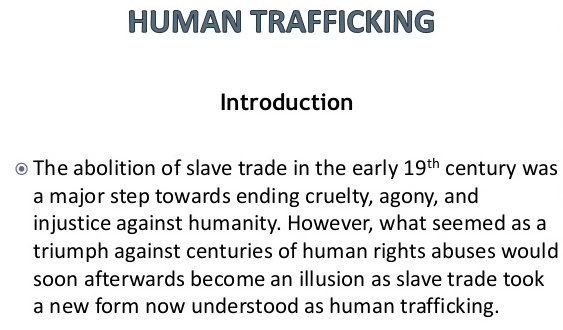
The speaker is remarkable in her ability to captivate and convey her message effectively.
Once upon a time about eleven thousand years ago
during the Neolithic Revolution agriculture was invented…
It happens in New York.
It is about human trafficking…
To go the extra mile…
What was the Neolithic Revolution? Also called the Agricultural Revolution, the shift to agriculture from hunting and gathering changed humanity forever.

Women harvest wheat with sickles in Tras os Monte, Portugal. Photograph by Volkmar K. Wentzel, Nat Geo Image Collection
What was the Neolithic Revolution?
Also called the Agricultural Revolution, the shift to agriculture from hunting and gathering changed humanity forever.
The Neolithic Revolution—also referred to as the Agricultural Revolution—is thought to have begun about 12,000 years ago. It coincided with the end of the last ice age and the beginning of the current geological epoch, the Holocene. And it forever changed how humans live, eat, and interact, paving the way for modern civilization.
During the Neolithic period, hunter-gatherers roamed the natural world, foraging for their food. But then a dramatic shift occurred. The foragers became farmers, transitioning from a hunter-gatherer lifestyle to a more settled one.
Why settle down?
Though the exact dates and reasons for the transition are debated, evidence of a move away from hunting and gathering and toward agriculture has been documented worldwide. Farming is thought to have happened first in the Fertile Crescent of the Middle East, where multiple groups of people developed the practice independently. Thus, the “agricultural revolution” was likely a series of revolutions that occurred at different times in different places.
“The eye doesn’t see what the mind doesn’t know.”
DH Lawrence
1 Modern slavery, hidden in plain sight | Kate Garbers | TEDxExeter
1 jun. 2018
If you think slavery is a thing of the past, think again. Millions of people around the world are trapped in modern slavery – and they could be working for you. In this powerful talk Kate Garbers makes the unseen seen and helps us spot the signs of modern slavery in our midst.
Kate Garbers is a founder and director of Unseen, a charity that provides safety, hope and choice to survivors of human trafficking and modern slavery. As well as providing 24/7 supported safe accommodation for survivors and the UK’s National Modern Slavery Helpline, Unseen works to raise awareness of this crime. Kate has spent the last ten years working directly with survivors, law enforcement agencies and governments to work out how we can effectively tackle the issue of trafficking and slavery.
—
At TEDxExeter 2018 we focussed on making connections – and building bridges. Our speakers challenged us to reflect on how, in this interconnected, interdependent world, global issues affect all of our lives, and our actions affect others. In these turbulent times of shock political outcomes, “fake news”, data breaches, war, mass migration, rapid technological progress and climate change we believe that ideas have the power to change attitudes, lives, and ultimately, the world.
TEDxExeter Curator – Claire Kennedy @clairekennedy__ – http://tedxexeter.com
Production Manager – Andy Robertson @geekdadgamer – http://www.youtube.com/familygamertv
Film & Livestream – First Sight Media @firstsightmedia – http://firstsightmedia.co.uk/ Kate Garbers is a founder and director of Unseen, a charity that provides safety, hope and choice to survivors of human trafficking and modern slavery. As well as providing 24/7 supported safe accommodation for survivors and the UK’s National Modern Slavery Helpline, Unseen works to raise awareness of this crime. Kate has spent the last ten years working directly with survivors, law enforcement agencies and governments to work out how we can effectively tackle the issue of trafficking and slavery. This talk was given at a TEDx event using the TED conference format but independently organized by a local community. Learn more at https://www.ted.com/tedx
IMPORTANT CONTENT
Very well done
2 FILM: Lost Childhood: The Street Children of Pakistan (44 mins)
This documentary by Islam Channel is insightful and poignant exploring the life of street children and children born in brothels in Pakistan along with the humanitarian efforts of Muslim Charity in rescuing such children. From the patriarchal city of Peshawar to the more cosmopolitan city of Lahore, a voice is given to street children and to aid workers to talk about the situation of the children and their daily struggle to survive.
Boys for Sale : Tales from the Streets (Documentary)
In première gegaan op 31 jan 2025 #truecrime #documentary #crime
In 1981, Dr. Tom Philpott was interviewed for a documentary where he revealed the existence of an interstate child traffic jam in the U.S. allegedly run by political elites.
The film you’re about to watch, titled “Boys for Sale”, highlights the abuse of young boys across the country and Philpott’s investigation into a network of those looking to trespass against children in cities like Austin, Houston, Dallas, and New Orleans, linking them to a nationwide traffic jam.
Philpott, a professor at the University of Texas, was known for his involvement in civil rights and anti-war causes, but this particular work faced heavy censorship. Philpott’s findings painted Houston as one of the worst cities for homeless boys, with other experts, such as Judi-Anne Densen Gerber, confirming the allegations of child exploitation.
Despite receiving numerous threats, Philpott survived an assassination attempt in 1982. The police and media dismissed the attack as staged. Philpott died in 1991, and the true cause of his death remains unclear…
Although this film has been censored and truncated for a general audience, viewer discretion is strongly advised.
DH Lawrence
“The eye doesn’t see what the mind doesn’t know” is a phrase that conveys the idea that our perception and interpretation of reality are influenced by our pre-existing knowledge, beliefs, and experiences. The key points of this statement can be summarized as follows:
Perception is subjective: Our perception of the world is not purely objective, but rather subjective and influenced by our mental framework. We see and interpret things based on our previous knowledge, beliefs, and experiences.
Knowledge shapes perception: Our mind filters and interprets sensory information received by our eyes based on our existing knowledge. If we are not aware of something, we are less likely to notice it or recognize its significance, even if it is right in front of us.
Ignorance can limit perception: Lack of knowledge or awareness about certain things can result in overlooking or ignoring important details or opportunities. Our mind may filter out information that doesn’t fit our existing beliefs or expectations, leading to a limited perception of reality.
Open-mindedness is important: To truly see and understand the world, it is important to have an open mind, be willing to learn, and update our knowledge as needed. By expanding our knowledge and being open to new information and perspectives, we can enhance our perception and gain a deeper understanding of reality.
Perception is malleable: Our perception of reality can be shaped or distorted by our beliefs, biases, and assumptions. It is important to be aware of our mental filters and strive to develop a more objective and balanced perception by continually expanding our knowledge and challenging our preconceived notions.
In summary, “The eye doesn’t see what the mind doesn’t know” emphasizes the subjective nature of perception and the role of knowledge, beliefs, and experiences in shaping our perception of reality. It underscores the importance of being open-minded, aware of our biases, and continually expanding our knowledge to gain a more accurate and comprehensive understanding of the world.
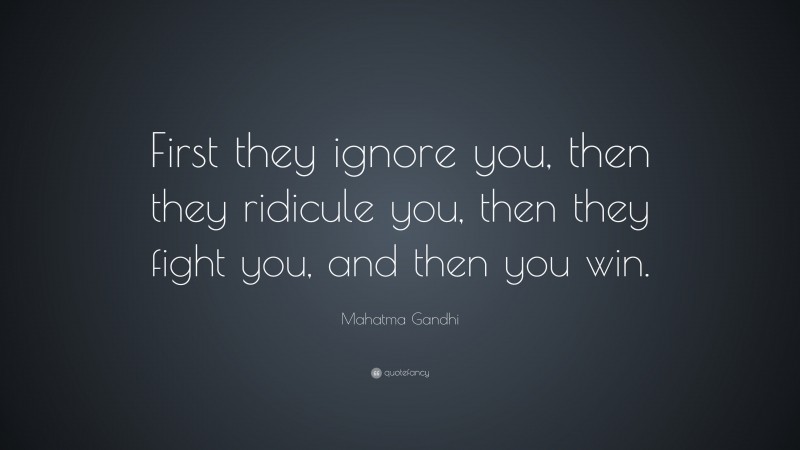
A compelling talk about justice and conscience…
You have to do what you have to do
Use the gifts that you have (as explained in the video)
Recognise and acknowledge – Herkennen en erkennen
“Go the extra mile” is a common phrase that encourages people to put in additional effort or go beyond what is expected of them in order to achieve success or provide exceptional service. Here are some key points related to the concept of “going the extra mile”:
Effort beyond expectations: “Going the extra mile” means putting in effort beyond what is required or expected. It involves going above and beyond what is considered the minimum or standard level of effort, and taking additional steps to achieve a higher level of performance.
Commitment to excellence: “Going the extra mile” reflects a commitment to excellence and a willingness to push oneself beyond the comfort zone. It involves taking initiative, being proactive, and demonstrating a strong work ethic in order to achieve exceptional results.
Stand out from the crowd: “Going the extra mile” can set you apart from others by demonstrating your willingness to do more than what is expected. It can help you stand out in a competitive environment and make a positive impression on others, such as employers, customers, or colleagues.
Create opportunities: “Going the extra mile” can create new opportunities for growth and advancement. By consistently putting in extra effort, you can develop new skills, expand your knowledge, and increase your chances of success in your personal and professional endeavors.
Customer satisfaction: In a customer service context, “going the extra mile” means providing exceptional service to exceed customer expectations. By going above and beyond to meet customer needs, you can build customer loyalty, gain positive reviews, and earn repeat business.
Positive mindset: “Going the extra mile” requires a positive mindset, which includes having a proactive and optimistic attitude towards challenges and a willingness to embrace and overcome obstacles. It also involves being self-motivated, disciplined, and resilient in the face of setbacks.
Personal growth: “Going the extra mile” is not only about achieving external success, but also about personal growth and development. It requires self-awareness, self-reflection, and a continuous desire to improve oneself.
Team collaboration: “Going the extra mile” can also involve supporting and helping others in a team setting. It can foster a collaborative and supportive work environment, where team members are willing to assist each other and contribute beyond their individual roles or responsibilities.
Overall, “going the extra mile” is about putting in extra effort, demonstrating commitment to excellence, creating opportunities, and fostering personal and professional growth. It can lead to success, satisfaction, and recognition in various aspects of life.
3 Any fool can make things bigger...
A single detail can change in a blink of an eye your whole experience,
the way you look at something and how you think about an issue.
Go the extra mile.
We need the whole picture – as in the video above.
It is the lesson we learn from Albert Einstein.
Please enjoy the well done Candid Camera below. 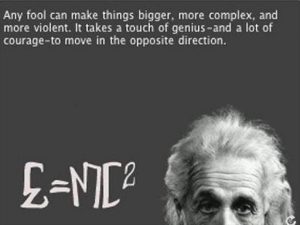
It takes a touch of genius – and a lot of courage – to move in the opposite direction.
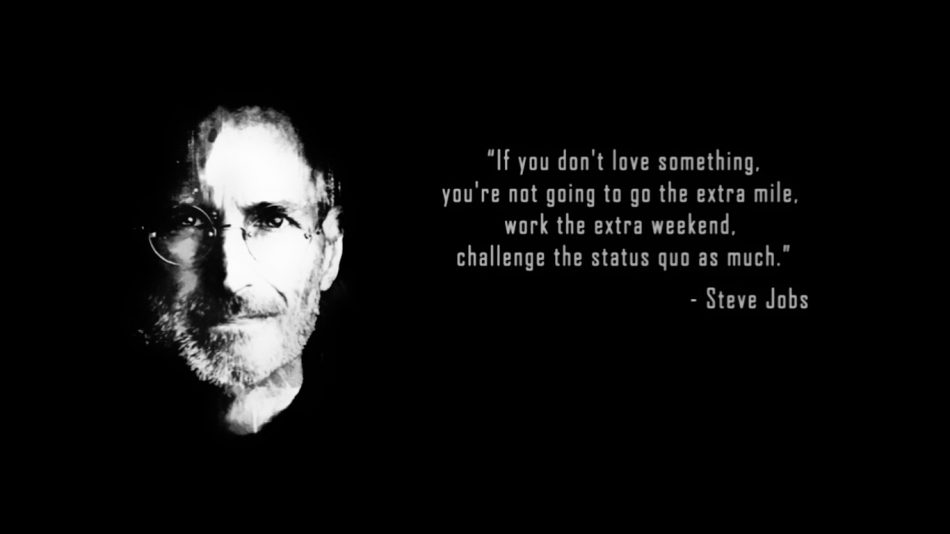
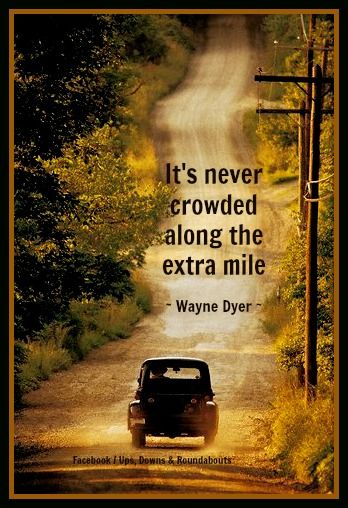


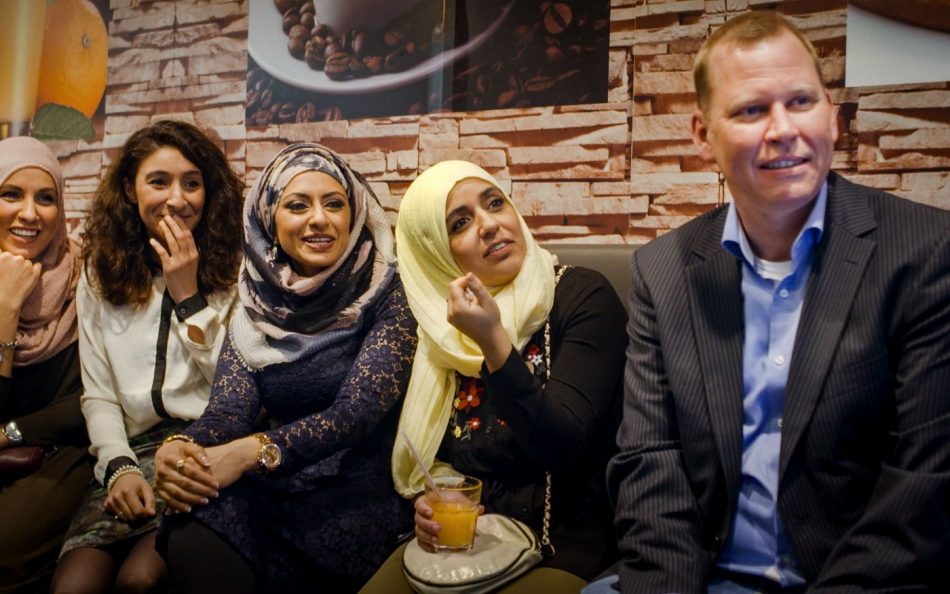
A teacher who doesn’t pretend but really cares about his students, even if they are no longer his students…
Leraar ontmoet studenten 20 jaar later
Een leraar die niet doet alsof, maar echt om zijn leerlingen geeft, ook al zijn ze zijn leerlingen niet meer…
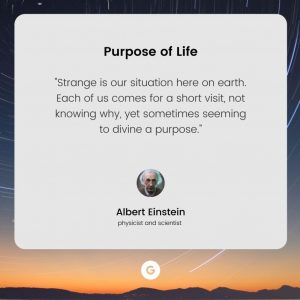

2 Generous Homeless Man
Electric Voodoo Prank
Voodoo man shows his dark magic skills to some innocent people in the park.
Generous Homeless Man
10 apr. 2011